They didn’t just chase the American dream—they rebuilt it on their terms.

The myth of the self-made American rarely tells the full story. Behind some of the most enduring innovations, iconic institutions, and cultural shifts are immigrants who didn’t just adapt—they rewired the system. They showed up, often with little more than ambition and a stubborn refusal to play small, and ended up changing the way America moves, thinks, builds, and dreams.
These individuals didn’t just “contribute.” They steered entire industries, challenged stale norms, and redefined what power looks like in a country built by outsiders. Their names may not always lead the headlines, but their impact echoes across time and across every corner of American life.
1. Albert Einstein turned theoretical physics into a moral compass.
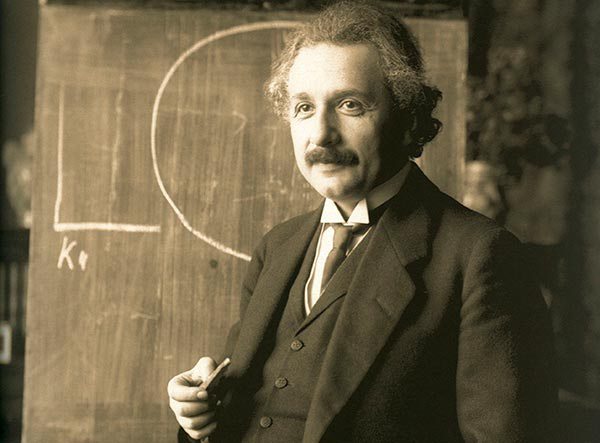
Einstein didn’t come to the U.S. just to escape Nazi Germany—he came wielding ideas that would change everything from nuclear policy to the way we define intelligence. While the photo of his wild hair and tongue-out antics might be his cultural signature, what he actually offered America was intellectual credibility and ethical urgency. His warnings about atomic weapons weren’t dramatic flairs—they were grounded in a deep understanding of science and a refusal to stay silent.
He used his influence to speak up for civil rights, advocate for nuclear disarmament, and call out McCarthyism before most dared. And in an age where celebrity scientists can feel more brand than brilliance, Einstein was the rare case where fame and genius shared equal billing. His immigration story wasn’t just about escaping fascism—it was about planting a moral stake in a country still figuring out what kind of power it wanted to wield.
2. Elon Musk turned tech ambition into a spectacle of disruption.

Love him or loathe him, Elon Musk is impossible to ignore. Born in South Africa and educated in Canada before setting up shop in the U.S., Musk injected American entrepreneurship with an erratic dose of science fiction and Twitter-fueled chaos. He didn’t just co-found PayPal and ride off into the sunset. He decided to take on cars, rockets, satellites, and even brain implants—all at once.
Tesla redefined how Americans think about sustainability. SpaceX made space exploration feel more DIY garage project than government monolith. And while his antics often overshadow the work, the fact remains: Musk bulldozed the gatekeepers of multiple industries and made American tech culture even more audacious. He’s not everyone’s idea of a role model, but as an immigrant who’s made the U.S. both richer and more unpredictable, he’s exactly the kind of disruptor that rewrites the rulebook and dares others to keep up.
3. Madeleine Albright reframed diplomacy with grit and earrings.
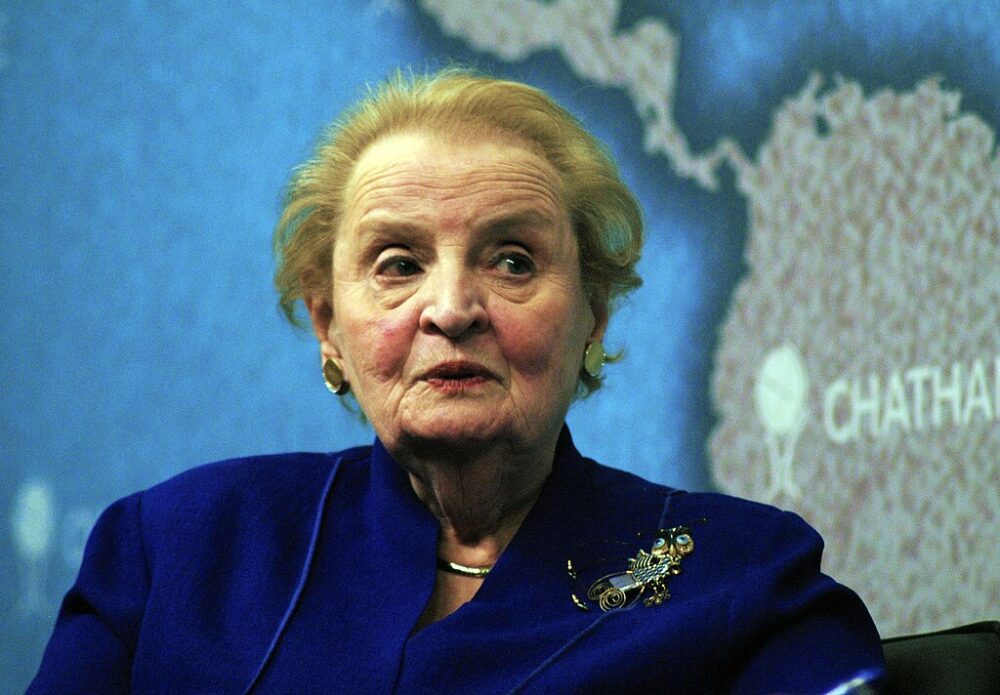
As the first female U.S. Secretary of State, Madeleine Albright didn’t just crack the glass ceiling—she walked in wearing a brooch that sent a message, literally. Born in Czechoslovakia and fleeing both fascism and communism, Albright brought to American politics a lived understanding of what happens when democracies fail to defend themselves. She wasn’t afraid to call out dictators, challenge diplomacy-as-usual, or advocate for intervention when genocide loomed.
What made Albright different wasn’t just her résumé—it was her candor. She made foreign policy feel human and refused to be reduced to tokenism in a boys’ club of suits and scripted statements. She helped redefine American strength not as military might alone but as moral responsibility on the world stage. Albright didn’t just serve her adopted country—she helped it grow a conscience.
4. Sergey Brin reimagined knowledge as a democratic right.

When Sergey Brin’s parents fled the Soviet Union, they hoped to give their son freedom. What they couldn’t have predicted was that he’d help democratize access to information for billions. Co-founding Google might sound like just another tech success story, but Brin didn’t just build a search engine. He helped reinvent how knowledge circulates, how power is distributed, and how quickly a basement project can become a global force.
Google transformed education, journalism, advertising, and even geopolitics. Brin’s quiet demeanor contrasts with the scale of his impact. He didn’t seek the limelight, but his fingerprints are all over the modern internet. And while tech today is rightly scrutinized, there’s no denying that Brin’s vision of searchable, fast, and open access to information was one of the most profound gifts an immigrant could offer to the modern world.
5. Gloria Estefan made the American dream dance to a Latin beat.

Gloria Estefan didn’t just break into the U.S. pop scene—she crashed through it like a conga line at full tilt. Born in Cuba and raised in Miami, she used her music to weave Cuban rhythm into the American mainstream, creating a sound that was both defiant and celebratory. Her songs weren’t just catchy—they carried cultural pride, political nuance, and the kind of visibility that Latin artists had been denied for decades.
Estefan also made sure her success didn’t stop with chart-toppers. She became an entrepreneur, a philanthropist, and a vocal advocate for immigrant stories. Her rise wasn’t an anomaly—it was a blueprint for turning cultural heritage into power. And in doing so, she expanded what “American” music could sound like—and who got to define it.
6. Nikola Tesla gave America its electric pulse.
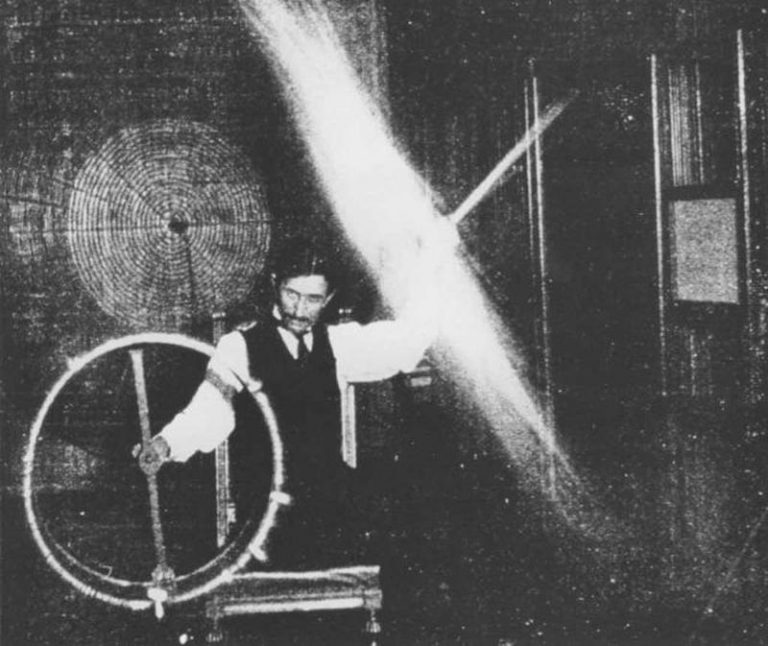
Long before Elon Musk slapped his name on a car, Nikola Tesla was the real thing—brilliant, misunderstood, and way ahead of his time. Born in modern-day Croatia and arriving in the U.S. with a head full of wild ideas, Tesla helped create the foundations of alternating current electricity, radio, and wireless communication. He had the vision of a mad scientist and the soul of a futurist.
But America didn’t always know what to do with him. He battled Edison, courted investors, and spent his final years broke and largely forgotten. Yet today, Tesla’s legacy crackles in every plugged-in device, every city skyline, and every conversation about visionary thinking. He didn’t play it safe, and he didn’t win all his battles—but he changed the future in ways few ever have.
7. Joseph Pulitzer turned journalism into a force for justice.
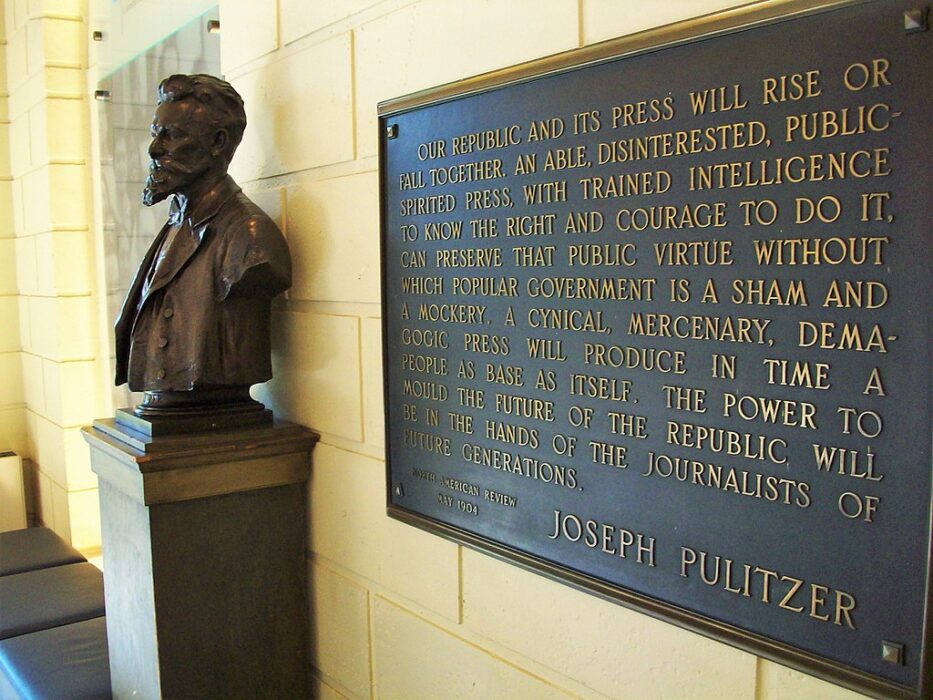
The Pulitzer Prize isn’t just a fancy accolade—it’s named after a Hungarian immigrant who believed journalism could be both fearless and noble. Joseph Pulitzer wasn’t interested in fluff or flattery. He used his papers to expose corruption, champion labor rights, and challenge the powerful. He made the press a watchdog, not just a mouthpiece.
Pulitzer’s legacy is tangled up with the birth of modern investigative journalism. And in an age when media is often dismissed as biased or bought, his immigrant roots are a reminder that truth-telling isn’t a luxury—it’s an act of public service. He didn’t just report on America—he helped hold it accountable.
8. Levi Strauss stitched opportunity into every pocket.

When Levi Strauss set up his dry goods business during the California Gold Rush, he wasn’t planning to invent the world’s most iconic pair of pants. But that’s what happened when a German-Jewish immigrant with an eye for durability met a market full of roughneck miners who needed clothing that could survive the West.
Levi’s jeans weren’t just rugged—they were revolutionary. They became a symbol of American labor, rebellion, cool, and comfort all at once. Every pair still carries the DNA of an immigrant hustle—a belief that utility and aspiration could live in the same thread. Strauss didn’t just build a brand. He created a uniform for generations chasing dreams across every kind of frontier.
9. Rihanna redefined global glam with unapologetic precision.

Born in Barbados and quickly rising to global stardom, Rihanna isn’t just a singer—she’s a one-woman cultural overhaul. Her music dominated charts, but it was her empire-building instincts that really cemented her place in American business. Fenty Beauty wasn’t just a makeup line—it was a statement: that inclusion, style, and substance can sell, scale, and shift the whole industry.
She’s been a mogul without losing her edge, a philanthropist without needing a halo, and a style icon without ever seeming forced. Rihanna’s American story isn’t one of assimilation—it’s one of redefinition. She didn’t bend to the industry. She bent the industry to her.
10. Andy Grove turned Silicon Valley into a superpower.
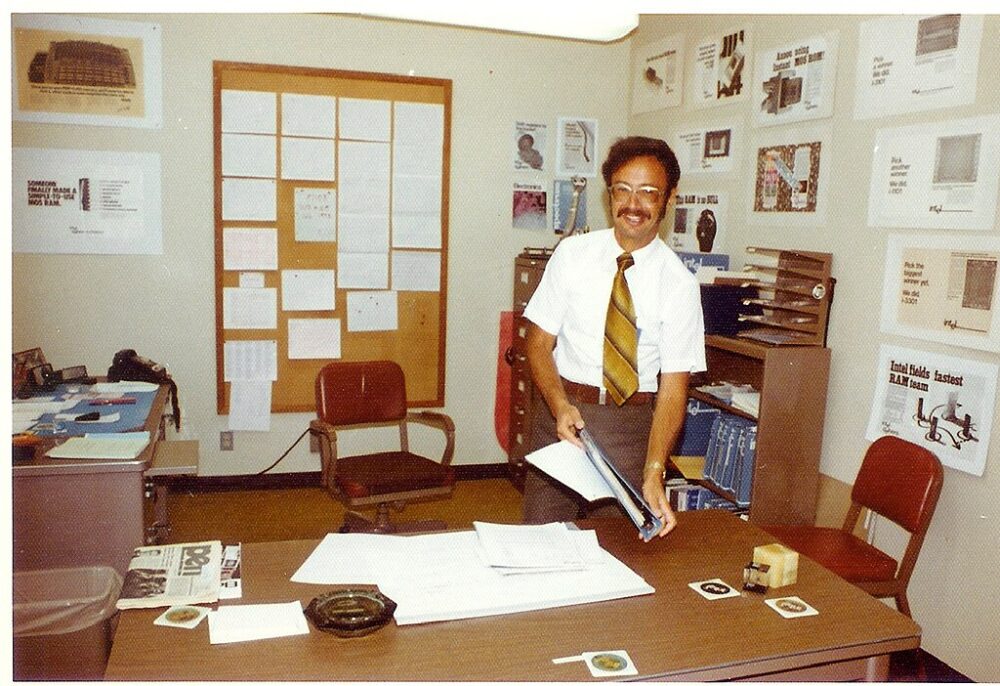
As a Jewish child fleeing Hungary during the Holocaust, Andy Grove knew something about survival. But what he gave America was far more than resilience—he helped turn Intel into the beating heart of the tech revolution. As CEO, he pushed for faster chips, leaner operations, and a culture of clarity and speed that would become a template for tech companies everywhere.
Grove wasn’t flashy, but he was fierce. He believed in paranoia—not as fear, but as preparedness. His fingerprints are all over the devices we use daily. And his approach to leadership—direct, relentless, and unapologetically brainy—remains one of Silicon Valley’s gold standards. His story was a quiet storm, but it changed the entire forecast.
